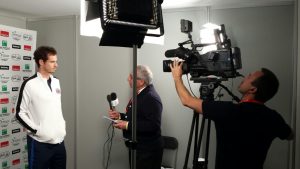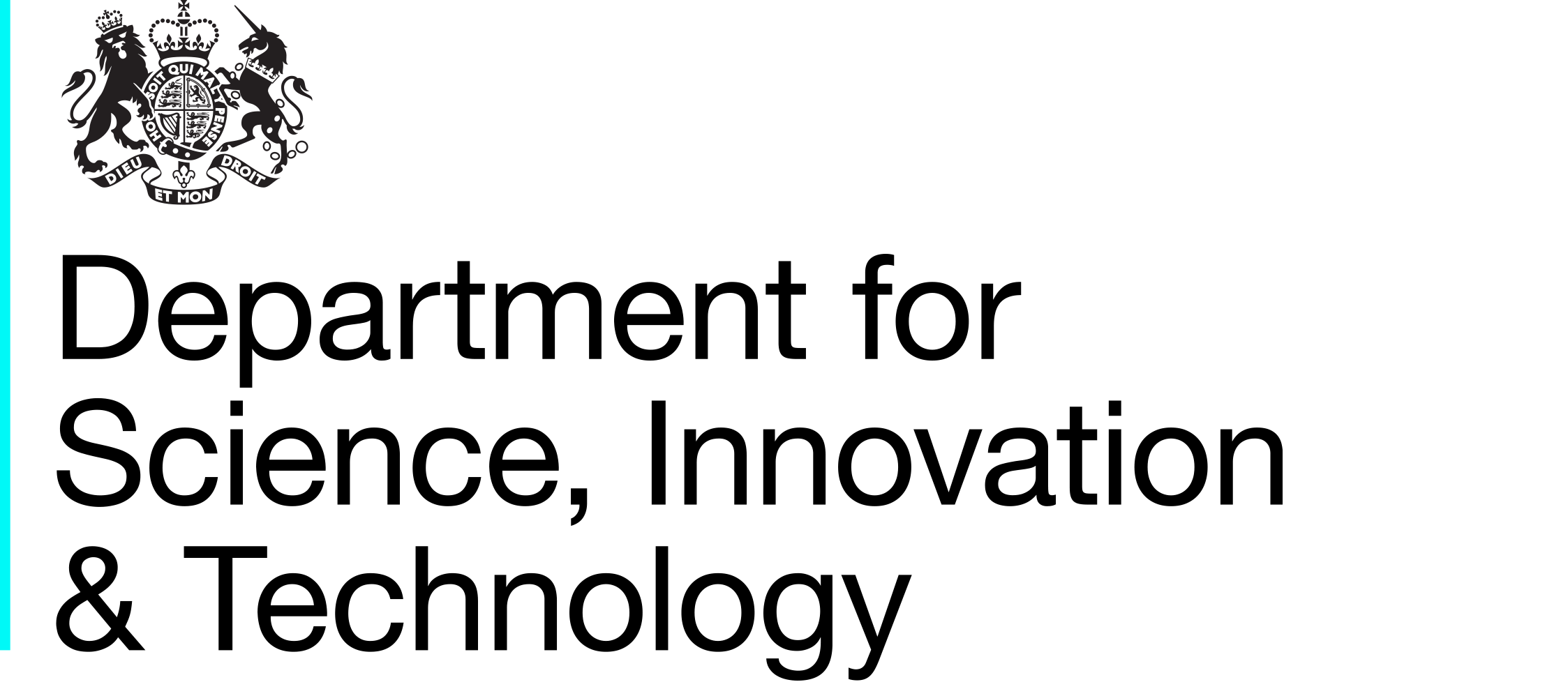Left in the cold: How company directors are excluded from the Government’s coronavirus support schemes
The Government’s various coronavirus support schemes aim to provide a safety net for both employees and the self-employed during the suddenly-imposed ‘lockdown’ period now affecting the UK economy.
But while the headline measures announced by Chancellor Rishi Sunak over recent weeks – including the Coronavirus Job Retention Scheme (JRS) aimed at employees, Coronavirus Business Interruption Loans Scheme (CBILS), small business grants and Self-Employed Income Support Scheme (SEISS) for self-employed people – have gone some way to providing theoretical reassurance to businesses and workers, significant gaps remain.
The Enterprise Research Centre and Manchester Metropolitan University have highlighted how at least 750,000 self-employed people don’t qualify for SEISS support. These are mainly sole traders who didn’t file a Self-Assessment tax return for the 2018-19 tax year on which earnings are calculated, or for whom self-employment has only recently become their main source of income.
The director’s dilemma
Recent weeks have also seen a clamour from other types of business owner whose firm structure precludes them from notional protection of incomes up to 80% of monthly earnings up to £2,500.
The most significant category is sole directors of limited companies. Many self-employed people have been encouraged by the tax system and UK enterprise culture to run their businesses as limited companies. In normal times, this structure gives them flexibility to pay themselves through a mixture of PAYE salary (since directors are technically ‘employees’ of their own firms) and dividends (as shareholders in the business) to take account of fluctuating monthly sales while ensuring they build up sufficient employment years for the state pension. It also protects their personal assets through the principle of limited liability and, by creating a separate legal entity for the business independent of the individuals themselves, can give the larger firms that contract their services greater confidence when hiring them.
But now, company directors find themselves in a double-bind. Technically, as employees of their own companies, they aren’t eligible for support under the SEISS scheme. So their only option for assistance is the JRS. However, dividend income isn’t covered by the JRS scheme.
This means that, while directors can choose to ‘furlough’ themselves if their work has dried up because of COVID-19, they can only receive 80% of their monthly PAYE earnings as income support from the Government. Typically, this represents a small proportion of their total earnings. The prospect of furloughing themselves – which means they can’t undertake their normal work duties – may also be impractical for most sole directors.
Notably, the SEISS does allow the self-employed to keep trading and, while this may mean that the 80% payment over-compensates those who sustain significant trade, it is surely in the interests of business survival and economic recovery that policies that support as much economic activity as possible.
All of this means that, for sole directors – as well as for the hundreds of thousands of self-employed not covered by the SEISS scheme – their only viable option is to fall back on Universal Credit (UC) or Jobseekers’ Allowance (JSA). Most will face significant financial difficulties, as outlined here.
Universal Credit is means-tested, based on family income. So directors will have reduced or no eligibility if a partner earns or if the family has savings. The Job Retention Scheme and SEISS are not means tested against a partner’s income or savings and so do not assume that the shock of COVID-19 should be absorbed by families first, and the state second.
“We’ve fallen through the cracks”
We heard from one sole director, Corin Bennett, 49, from Sussex. Corin has worked as a freelance cameraman for the past 15 years and set his business up as a limited company in 2016. Most of his work comes from big sporting events such as the Wimbledon tennis championships, all of which have been cancelled for the foreseeable future.
“The general consensus in the industry at the time was that a lot of the broadcasters wouldn’t deal with you if you’re not limited,” said Corin. “That’s become a particular concern as IR35 has come into play.
“That’s all been working fine until all this kicked off and now all work for the rest of year has been cancelled. Not only can we not work in the immediate future, but when the lockdown is lifted there will be no events for us to go to.”
Corin estimates that dividends make up around 75% of his annual earnings and that any claim he made under the JRS scheme for the PAYE element of his income would only amount to around £500 per month.
“I think there’s a perception that as company directors we’ve all got a yacht out the back” he said. “The reality is we are self-employed people that go out each day and earn a living.”
Paying himself from dividends, he says, makes sense in industry where much of his work is concentrated in the summer months. “There seems to be an illusion it’s a tax dodge and it certainly isn’t,” said Corin. “It just gives us flexibility in the lean months. It helps conserve cash in the business for when it’s needed and pay ourselves as a director’s loan which is repaid as dividends in the summer, or when we know the full picture for the tax year.”
With the tax-free dividend allowance recently reduced to £2,000 per year, small business directors now pay tax on the bulk of their dividends, after the 19% corporation tax on the business’ profits. This is in addition to tax on their PAYE income.
His message for the Government is simple: be fair. “If you are going to tell people they can’t work you have to make sure that support covers the majority of people and that’s what seems unfair at the moment” said Corin. “The small limited companies seem to have fallen through the cracks.”
Further reading
A number of membership organisations are making recommendations to the Government on what more can be done to support the self-employed and directors of limited companies. In particular, IPSE (IPSE- The Association of Independent Professionals and the Self-Employed) has made specific recommendations here: https://www.ipse.co.uk/coronavirus-hub/coronavirus-report.html
James Tout, ZPB Associates.
Please note that the views expressed in this blog belong to the individual blogger and do not represent the official view of the
Enterprise Research Centre, its Funders or Advisory Group.












